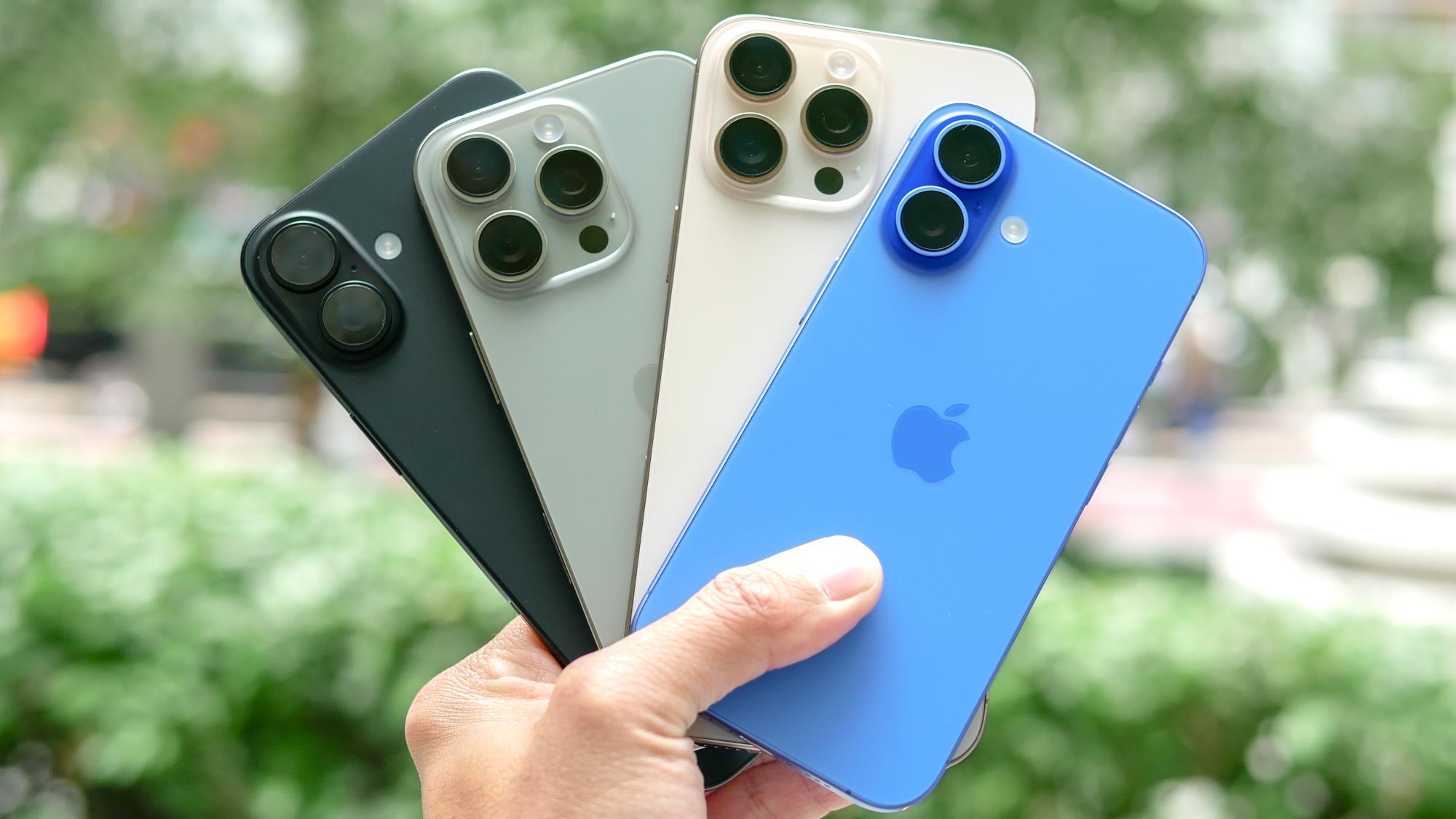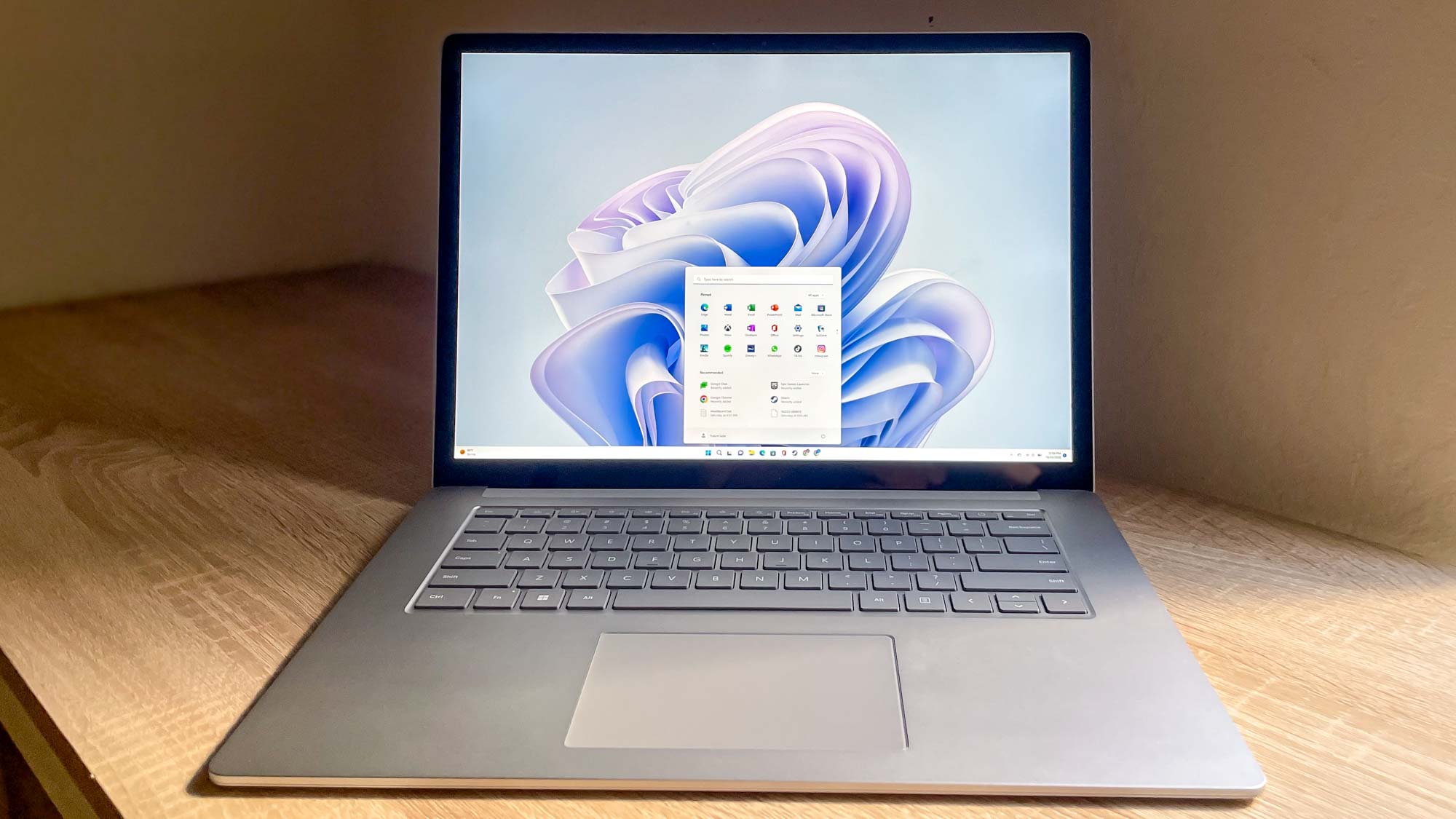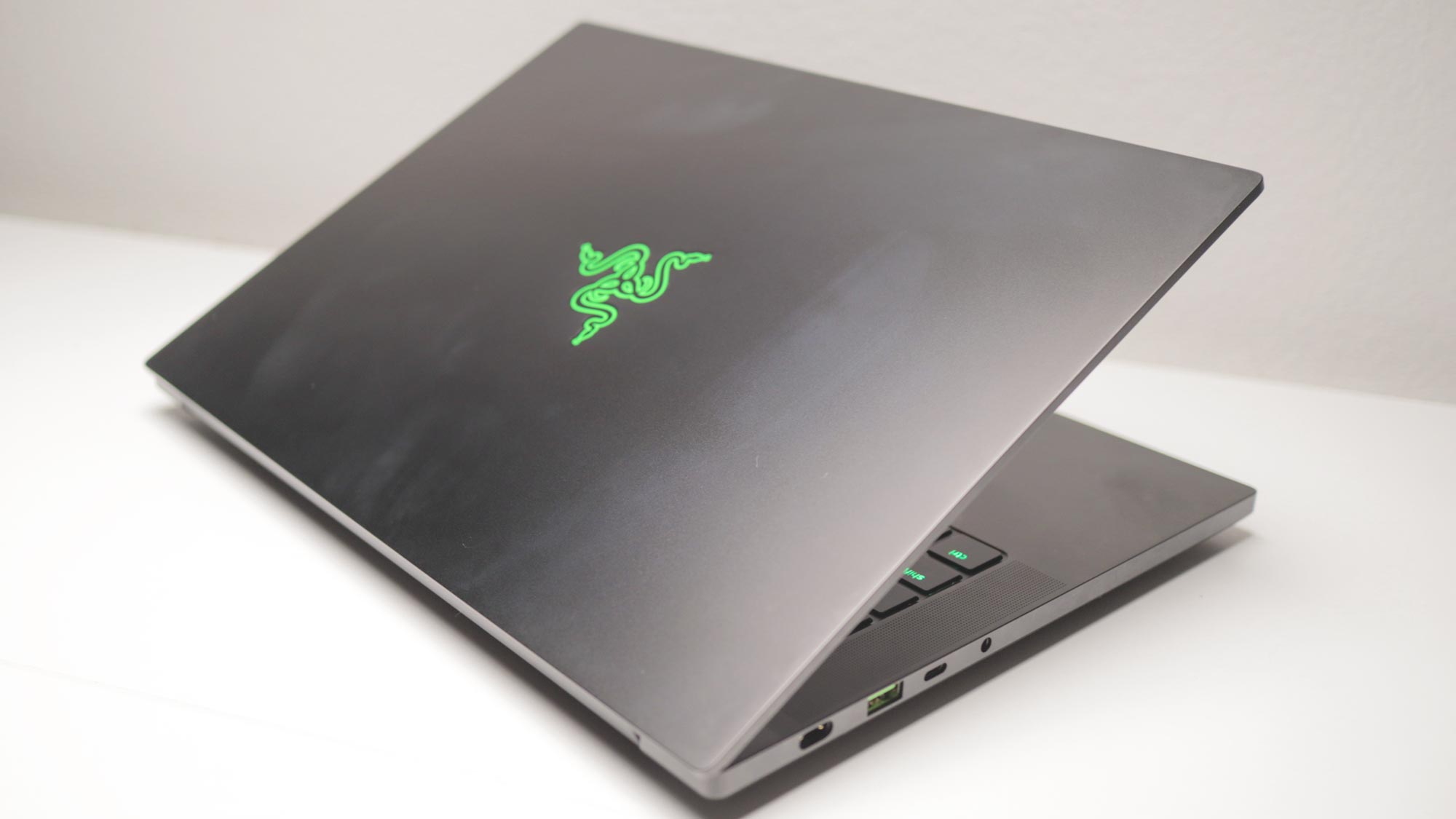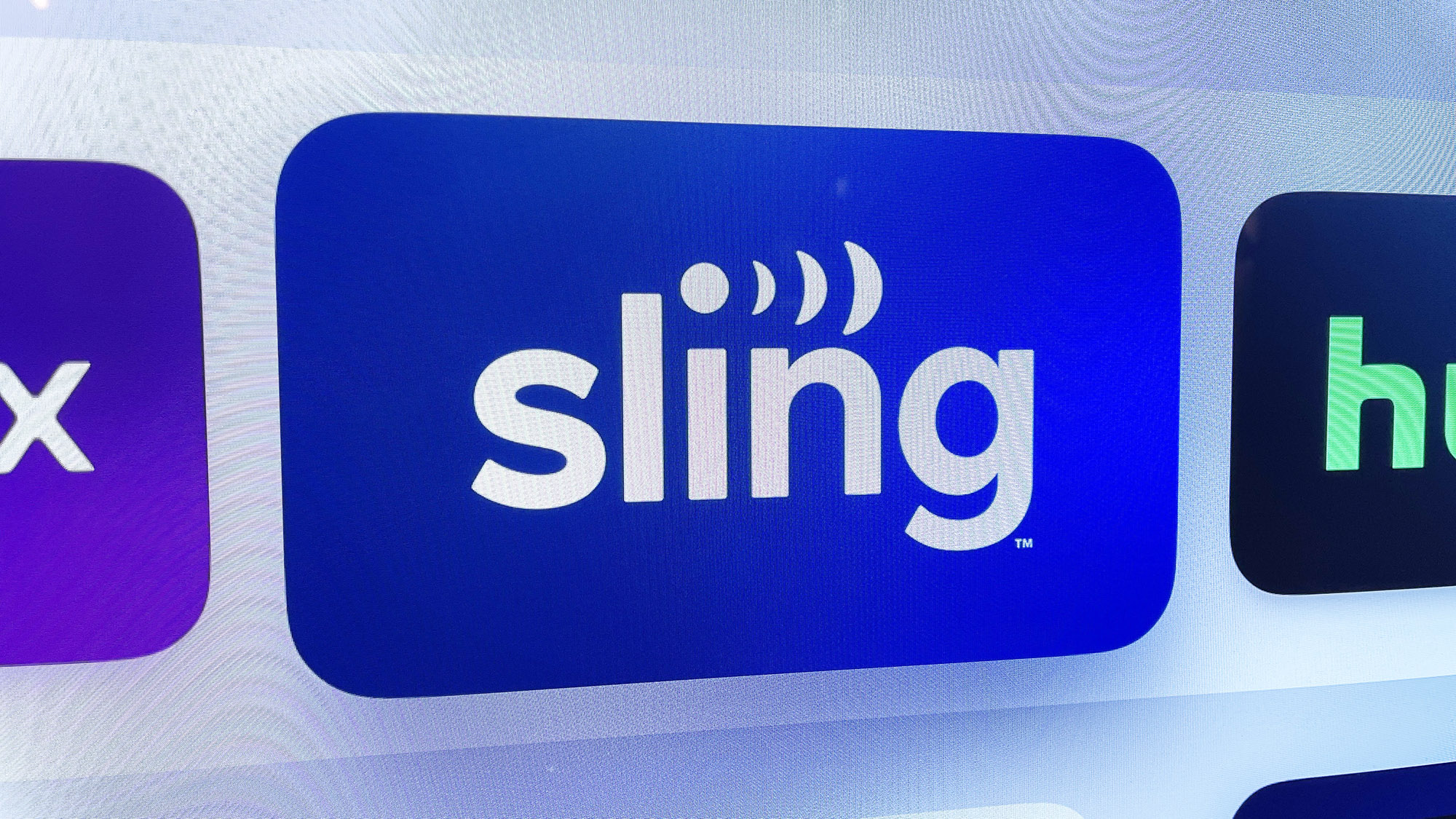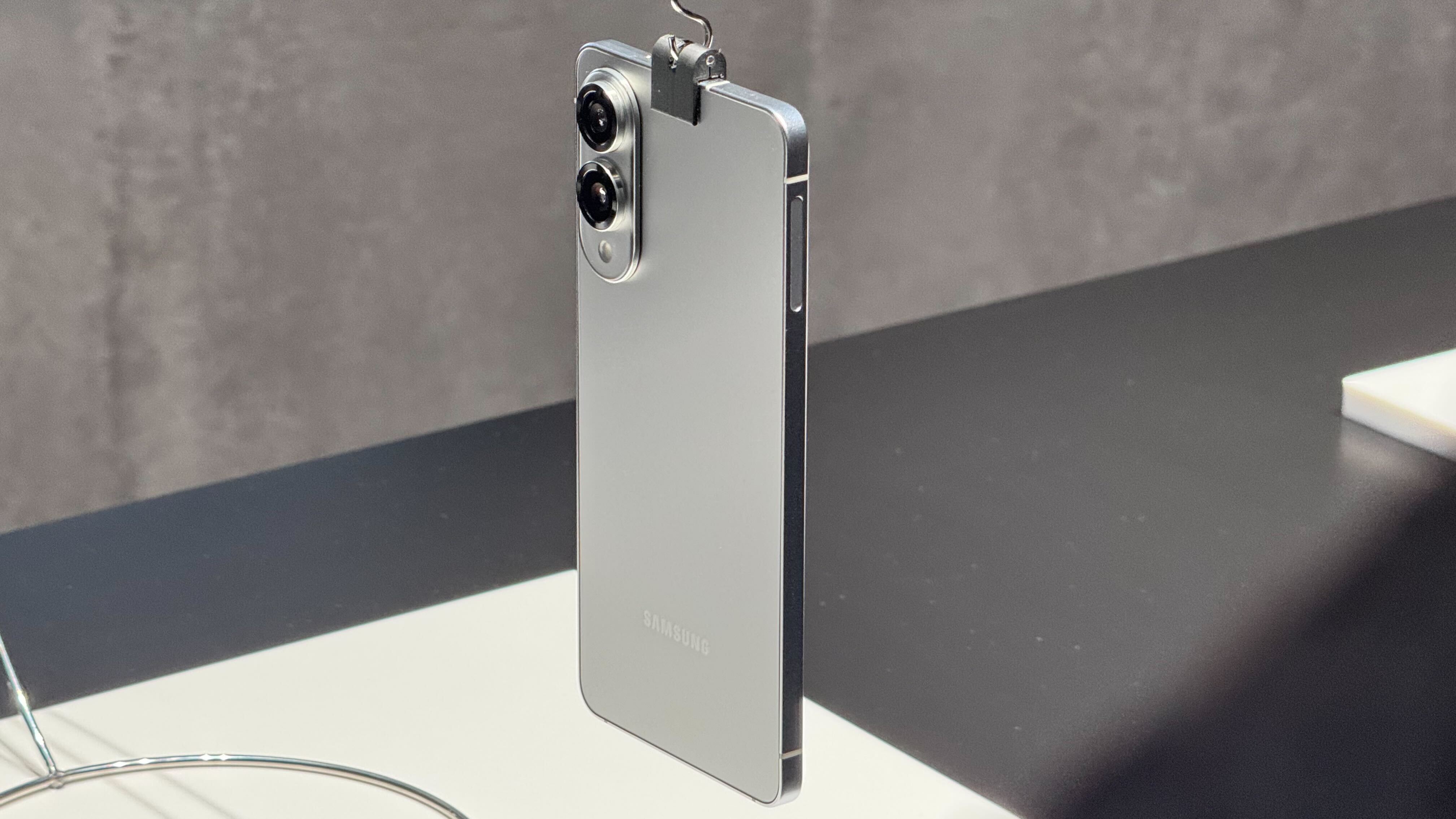iPhone 14 tipped to pack 48MP camera and under-display Face ID
Next year's iPhone will see a new larger camera, reworked Face ID, plus a change in its size options
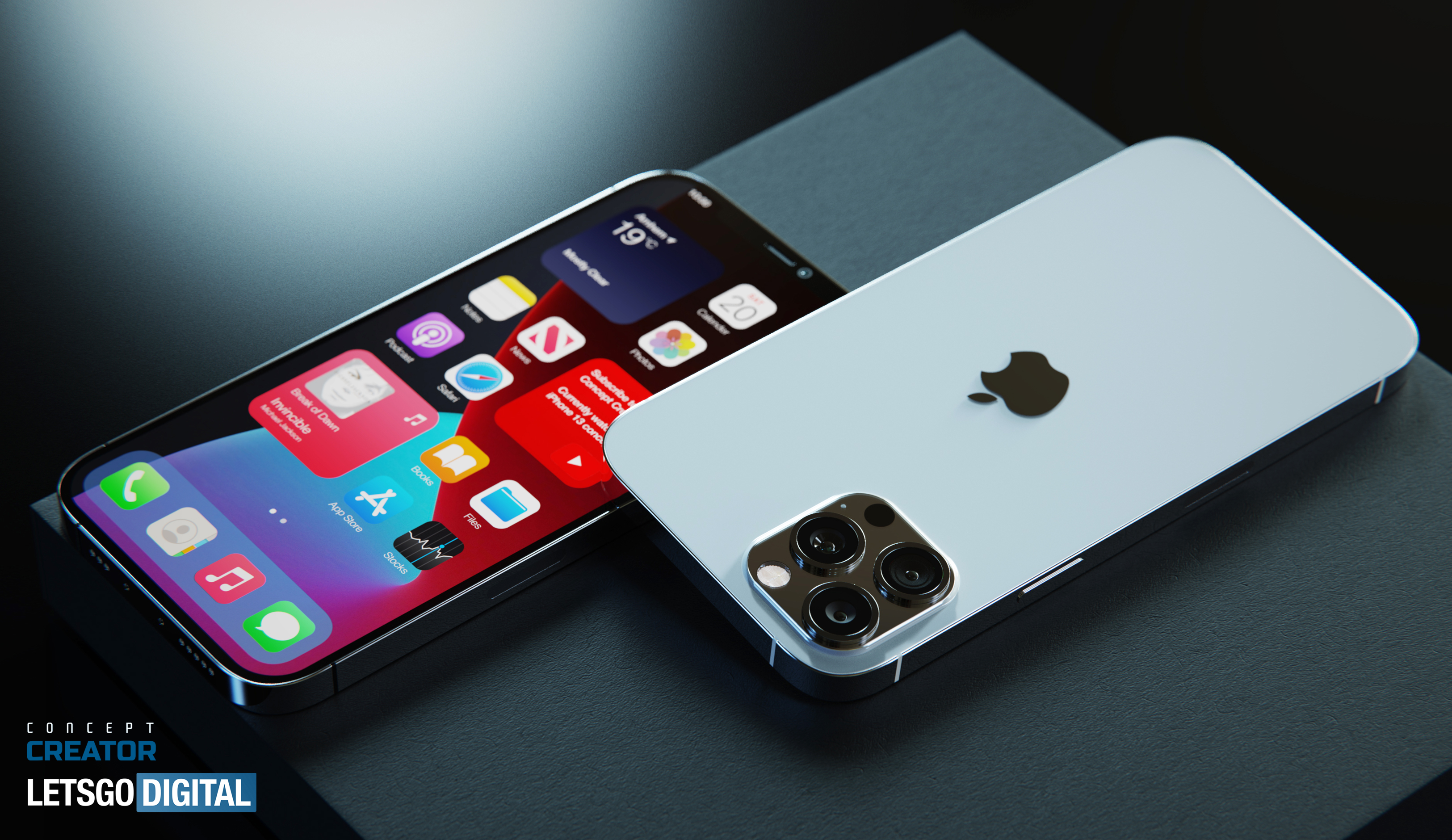
Update: A tipster has claimed iPhone 14 Pro won't get a 48MP camera and will stick with the 12MP sensor form the iPhone 13 Pro.
The iPhone 14 is getting a huge overhaul to its main camera and body design, according to the latest rumors.
Not only will there be a 48MP camera on its Pro models, but the whole range will also have a new split of two 6.1-inch models and two 6.7-inch models. It may be over a year away, with the iPhone 13 still to come before then, but it's interesting to hear about Apple's future direction so early.
- iPhone 13 release date, price, specs and leaks
- Take photos like a pro with the best camera phones around
- Plus: All iPhone 14 models will reportedly feature 120Hz displays
The details come from Apple oracle and analyst Ming-Chi Kuo, in an investor note seen by MacRumors. Kuo has a finger on the pulse of Apple's supply chain in Asia, meaning he often knows what components are coming to future Apple products.
Apple has uses 12MP rear cameras since 2015's iPhone 6S, but has regularly updated the size of the sensors. Using a 48MP sensor will allow the iPhone 14 to get brighter images using "pixel binning." This photo mode takes images at 12MP by combining information from four adjacent pixels into one "super-pixel," which gives less noisy images, ideal for low-light situations.
For video, the new sensor could also enable iPhones to record in 8K for the first time. This will be particularly beneficial for AR/VR applications, Kuo explained, which sounds like another step in Apple's strategy to eventually launch the Apple mixed reality headset and Apple Glasses.
Kuo is clearly excited by the potential of this new camera. He wrote in the report that "the camera quality of the new 2H22 iPhone will elevate mobile phone camera photography to a new level." The "2H22" here refers to the second half of 2022, the period the iPhone 14 is expected to launch. It will be fascinating to see how it changes the look of the images the iPhone 14 Pro takes compared to the iPhone 12 or this year's upcoming iPhone 13.
Sign up to get the BEST of Tom's Guide direct to your inbox.
Get instant access to breaking news, the hottest reviews, great deals and helpful tips.
iPhone 14 sizes
The change to only 6.1-inch or 6.7-inch size options for the iPhone 14 isn't surprising given how poorly the 5.4-inch iPhone 12 mini has sold in comparison to its siblings.
Even though Apple is tipped to drop the smallest size, it will apparently still stick to its current split of two base models and two higher-spec models according to Kuo. That suggests we will see basic, Pro, Max and Pro Max versions of the iPhone 14, assuming Apple keeps to its current naming conventions.
Another big change ahead for the iPhone 14, based on an earlier rumor from Kuo, is the end of the notch. Perhaps the most defining feature of recent iPhones, Kuo claimed it will be replaced with a punch-hole notch in 2022, meaning iPhones will more closely resemble current Android phones, with a smaller amount of screen sacrificed to locate the front camera.
Looking even further ahead than the iPhone 14, Kuo repeated his previous claims that we'll see Apple's first periscope telephoto camera on the 2023 iPhone, which will also feature under-display Face ID, and potentially one model with under-display Touch ID also.
Under-display Face ID would see the end of the notch, which is already predicted to shrink with the iPhone 13. That would give a big design overhaul to the overall iPhone aesthetic.
iPhone 14 vs. Samsung Galaxy S22
Leaker Ice Universe shared similar iPhone 14 camera information to that reported by Kuo. However, they also gave some details on how this will compare to upcoming Samsung phones, likely referring to the Samsung Galaxy S22. Unfortunately for Samsung, IU doesn't see this battle going in its favor.
First off, IU says Samsung will continue using a 108MP main camera. Samsung has used a 108MP main camera on phones since last year, including the Galaxy S20 Ultra, the Galaxy Note 20 Ultra and most recently the Galaxy S21 Ultra with a new generation of this sensor.
While these phones have all appeared on our best camera phones guide shortly after lunch, they have never cracked the top spot, consistently held by iPhones. The reason for this, Ice Universe suggested, is because Samsung is pursuing camera resolution over sensor size, and it will continue this "wrong direction" going forward.
While we mainly talk about cameras in terms of the resolution (how many megapixels they have), another important factor is the overall size of the sensor. Resolution and size don't always correlate, as you can fit a larger number of pixels onto a smaller sensor if the pixels are themselves smaller. Using more pixels means more detail captured by the camera. But smaller pixels struggle with capturing light, meaning their images may be darker and less vivid.
While the 108MP Samsung camera has a higher resolution than the 48MP iPhone camera, IU said the iPhone sensor has a larger footprint. For this reason, it looks as if Apple could continue its photography dominance for some time to come.
The iPhone 14 should appear around fall 2022, going by Apple's recent launches. The Galaxy S22 will appear earlier, probably around the start of 2022, while Apple's iPhone 13 will likely emerge this September.

Richard is based in London, covering news, reviews and how-tos for phones, tablets, gaming, and whatever else people need advice on. Following on from his MA in Magazine Journalism at the University of Sheffield, he's also written for WIRED U.K., The Register and Creative Bloq. When not at work, he's likely thinking about how to brew the perfect cup of specialty coffee.

